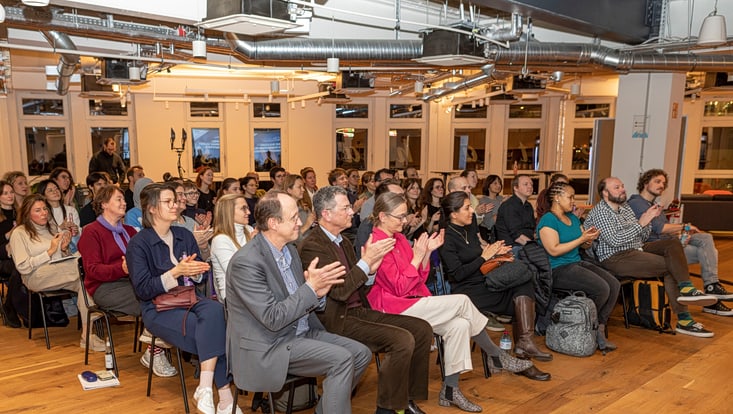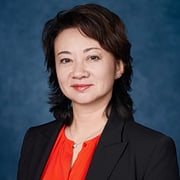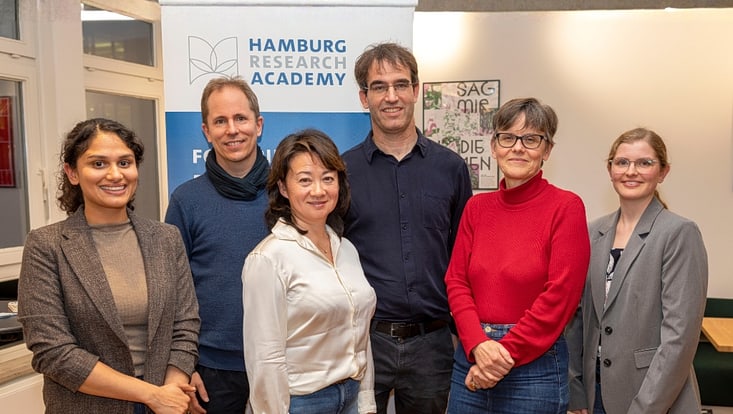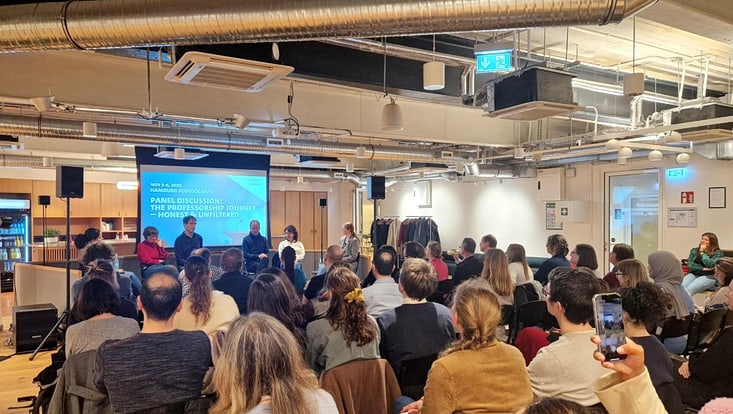Some takeaways from the panel discussion
- Balancing family life and an academic career can be tough, especially due to relocations – and sometimes it feels like everything in life happens at once. However, as a professor you have considerable freedom to choose when, where and how you work. This flexibility can be very helpful during challenging times. Additionally, having a supportive spouse who is willing to either move with you or maintain a long-distance relationship for some time can be a significant advantage.
- Of course, academic excellence is essential for success, but other factors also play a crucial role: being able to communicate your research clearly, understanding the academic system and the working environment you are applying for, being in the right research field at the right time, and embracing chances when they arise. Especially during the postdoc phase, it is very important to develop your own profile and find your niche in the field: “You do a lot of networking – with your work”, as Zhen Dai described it. Still, being open to unexpected opportunities can be key, since “good decisions are made by alternatives”, as Henning Moritz said.
- Even renowned professors have had to learn to cope with the feeling of being overwhelmed by tasks and demands. “You really have to be selective”, Grischa Perino said, by sorting through and deciding what is important on the job and what isn’t. Additionally, failure is normal: Rejections are part of the job and occur more often than you would expect from the outside. Careers that, from CVs, seem carefully planned actually often depended as much on lucky coincidences and on building networks as on strategical planning. “You tell your career story in retrospect”, as Ingrid Piller framed it.
This event is supported by Hub of Academic Career and Research Culture (HARC) and Abteilung 4 of the University of Hamburg.











